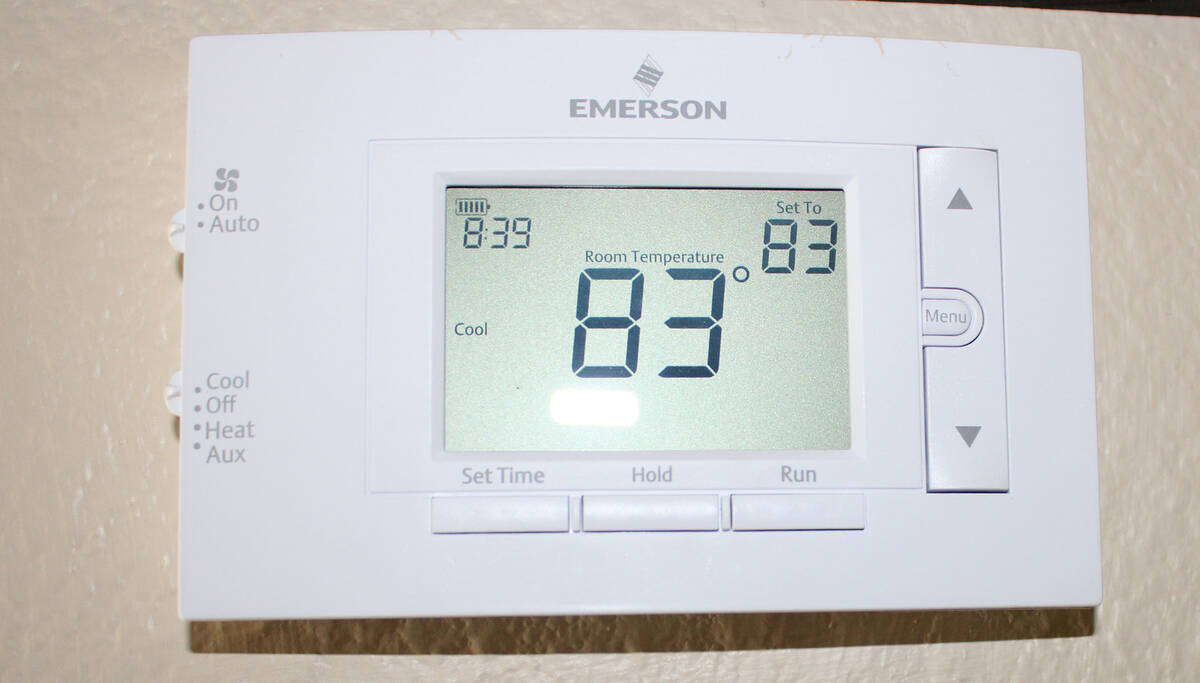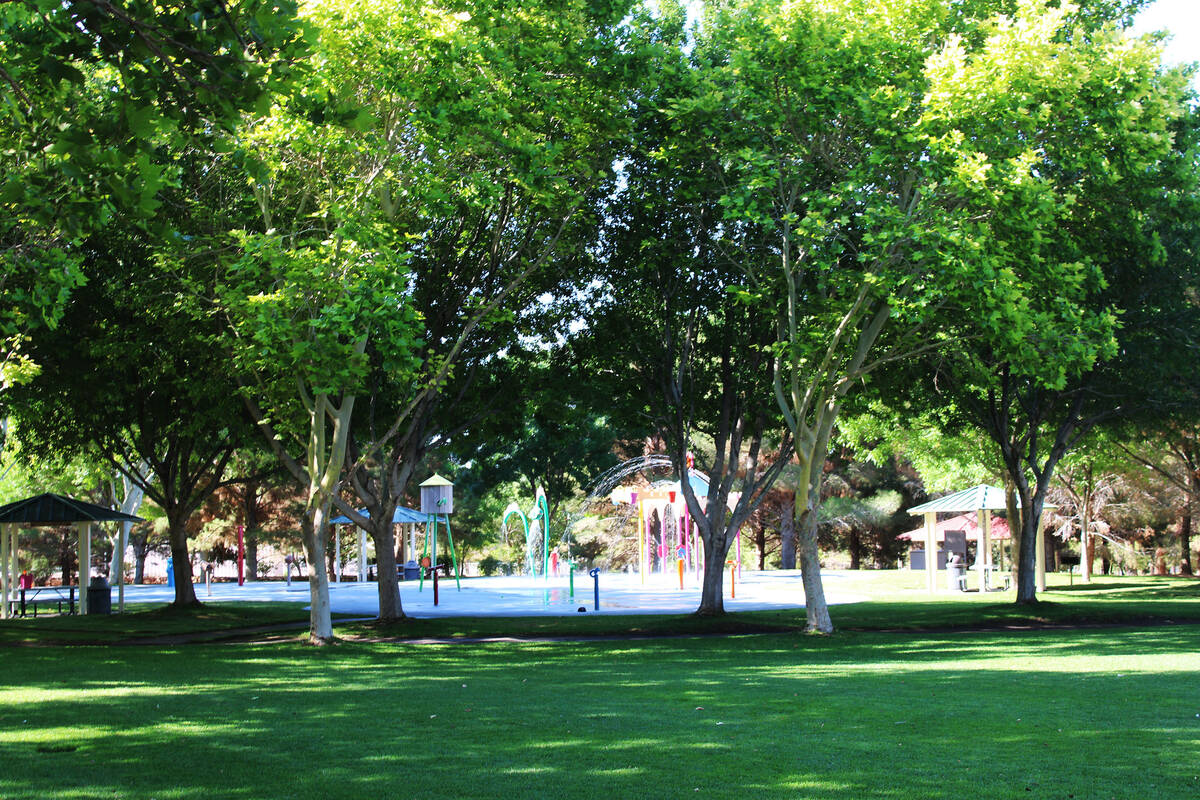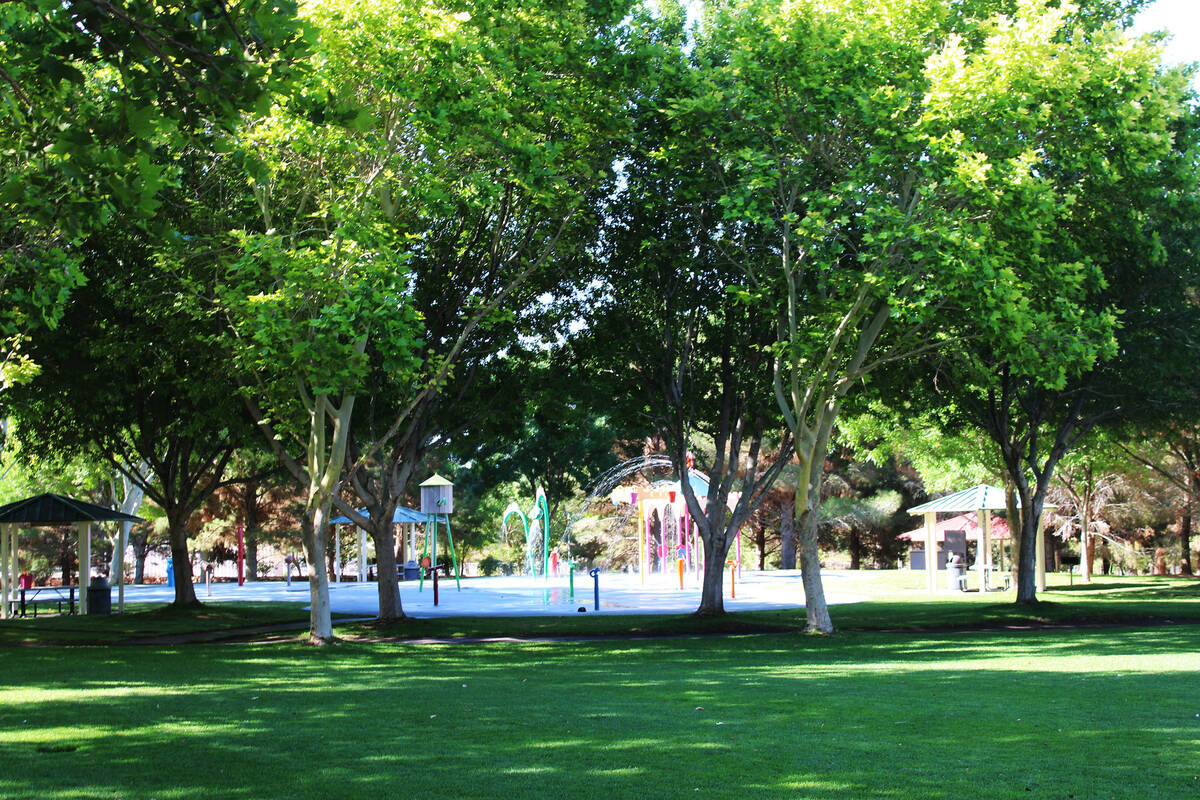Ways to reduce summer power bills
Now that the thermometer is on the rise outdoors, the cost to cool homes and businesses on the inside is doing the same.
Higher utility costs are expected by those who have lived here for a while. But it doesn’t lessen the sting when paying that bill. But there are ways to decrease both electric and water bills.
According to the city, here are some handy tips to help reduce energy use and save money. They include:
• Use a programmable thermostat and set at 78-80 degrees.
• Do not turn off air conditioner: set 5-10-degrees warmer when away.
• Turn off lights and appliances when not in use, including computers.
• Unplug televisions and items that draw energy when leaving home.
• Use window coverings, screens or films to reduce sun and heat.
• Use room fans to reduce the feeling of heat and to circulate air.
• Service or tune up air conditioners and heating systems annually.
While subject to terms and availability, the city also encourages residents to check out several rebate programs that could put money back into your pocket. Visit www.bcnv.org/rebates to learn more about rebates available for air conditioners, pool pumps, smart irrigation controllers, smart thermostats and solar water heaters.
When asked what percentage a Boulder City resident’s bill increases in summer as opposed to the three other seasons, City Utilities Director Joe Stubitz said, “Depending on the loads and usage, this can increase 75 – 100%.”
Stubitz also said air conditioners, pool pumps and home EV chargers are the three biggest drawers of power for a household.
Last summer, Boulder City saw many daily records broken as the temperatures hit 120 degrees. On those days, the city takes extra precautions to help prevent outages.
What does the city do to help prevent outages during those days when usage is at its highest?
“We switch circuits to optimize load conditions, use our outage management system, and have multiple stand-by individuals ready to respond to outages,” Stubitz said.
Summer watering
According to the Southern Nevada Water Authority, here are some ways to protect heat-stressed landscape in summer:
Mandatory summer watering restrictions: From May 1 through Aug. 31, mandatory watering restrictions prohibit landscape irrigation between the hours of 11 a.m. and 7 p.m. Watering is allowed Monday through Saturday. Watering on Sundays is always prohibited.
Drip watering: Drip-irrigated landscapes need far less water than grass. You may only need to water plants and desert landscapes every other day in summer. The length of watering depends upon the type of drip emitter.
Ramp up summer watering gradually: The impulse to crank up landscape watering is strong when temperatures get hotter, but grass, trees and plants don’t need as much water as you might think. In May, while nights are still cool, gradually increase your sprinkler watering from three days to four. From there, keep an eye on your landscape and increase watering only as needed into June, July and August.
Water before sunrise: Water in early morning hours before sunrise to minimize the amount of water lost to evaporation and daytime winds.
Run sprinklers for 12 minutes: They recommend watering lawns three times a day for four minutes during each watering.
Save water on rainy days: Turn your irrigation clock off on rainy days or replace it with a smart irrigation clock to do the work for you.
Brown spots: Most brown spots are caused by faults in the sprinkler system. Mixed types of sprinkler heads, blocked spray patterns, improper spacing and the system’s pressure can all affect your lawn. Check your irrigation system to ensure it is providing “head-to-head” coverage, and hand-water brown spots until the issue can be resolved.
Leaf scorching and burning: Leaves usually are stressed because of improper watering or improper fertilization. Since both overwatering and underwatering can damage plant leaves, the best solution is to water deeply and infrequently. This allows oxygen in the soil, washes salts away and encourages deep rooting. Make sure you have the right fertilizer both for your specific plants and for the time of year. Some fertilizers release much faster in hot weather, increasing the potential for damage.


















